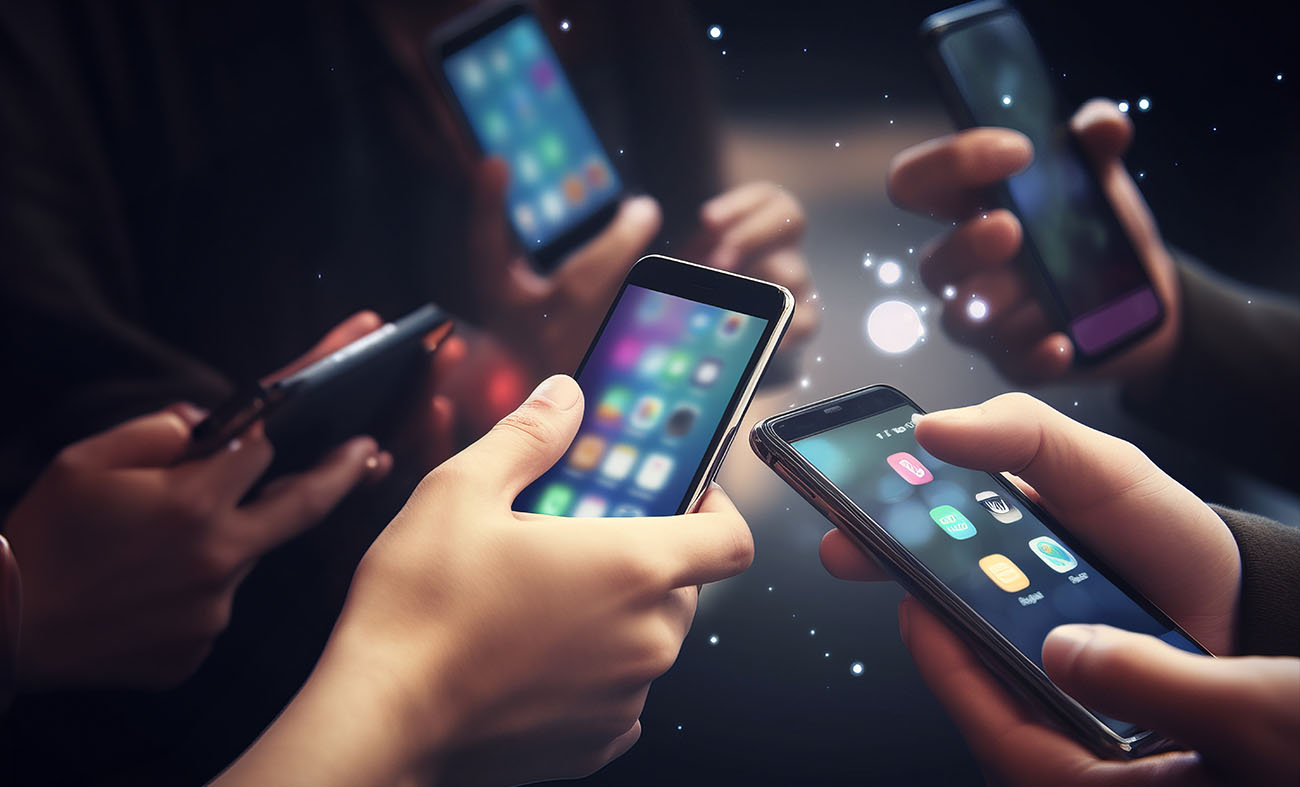
Teen Detox
The BBC recently explored the habits of teenagers with their smartphones, seen in a series of news segments on their main news channel.
In today’s world, teenagers have grown up with smartphones – they do not know a life without them. Scrolling is a daily exercise and as such they have no comprehension of how much healthy teenager life was before the invention of smartphones.
In this investigation, the BBC spoke to teenagers who were spending over 30 hours every week on their smartphone. That is the equivalent of a full-time job. However, with a full-time job we take a break away from it. With smartphones we do not, we keep scrolling all weekend. We keep feeding the addiction.
To discover the extent of this addiction and attempt to heal it, the BBC gave 10 teenagers a basic phone for a week. A phone that only makes calls and send texts. No internet browsing. The results of this experiment were very revealing.
In one instance, a teenager explained how their well being had improved and they were sleeping better. Others also spoke of how much it had opened up their awareness of the world around them, instead of the display in front of them.
However, a fourteen-year-old dropped out and demanded their smartphone back after just 27 hours:
“I knew my phone was in the same building,” he says, but not knowing if someone was trying to get in touch with him and not being able to go online was “really stressful.”
This experiment highlights the additional survey results that revealed 23% of teenagers agreed that smartphones should be banned for under-16s
“50% said of teenagers said not having their smartphone on them makes them feel anxious.”
The final survey result was the most telling: 74% said they would never give up their smartphone.
The smartphone addiction is now too embedded in teenager life for it to stop overnight. It will take years of conditioning to help future generations reduce their smartphone usage.
This is all the more apparent when at the end of this experiment the teacher returns their smartphones to them and is met by a universal excitement by all of them to be reunited with their phones. So much so that their eyes are instantly glued on their screens to see what they have been missing — lost again to the digital world of the smartphone.
You can read the full article here: BBC Article



